Annual
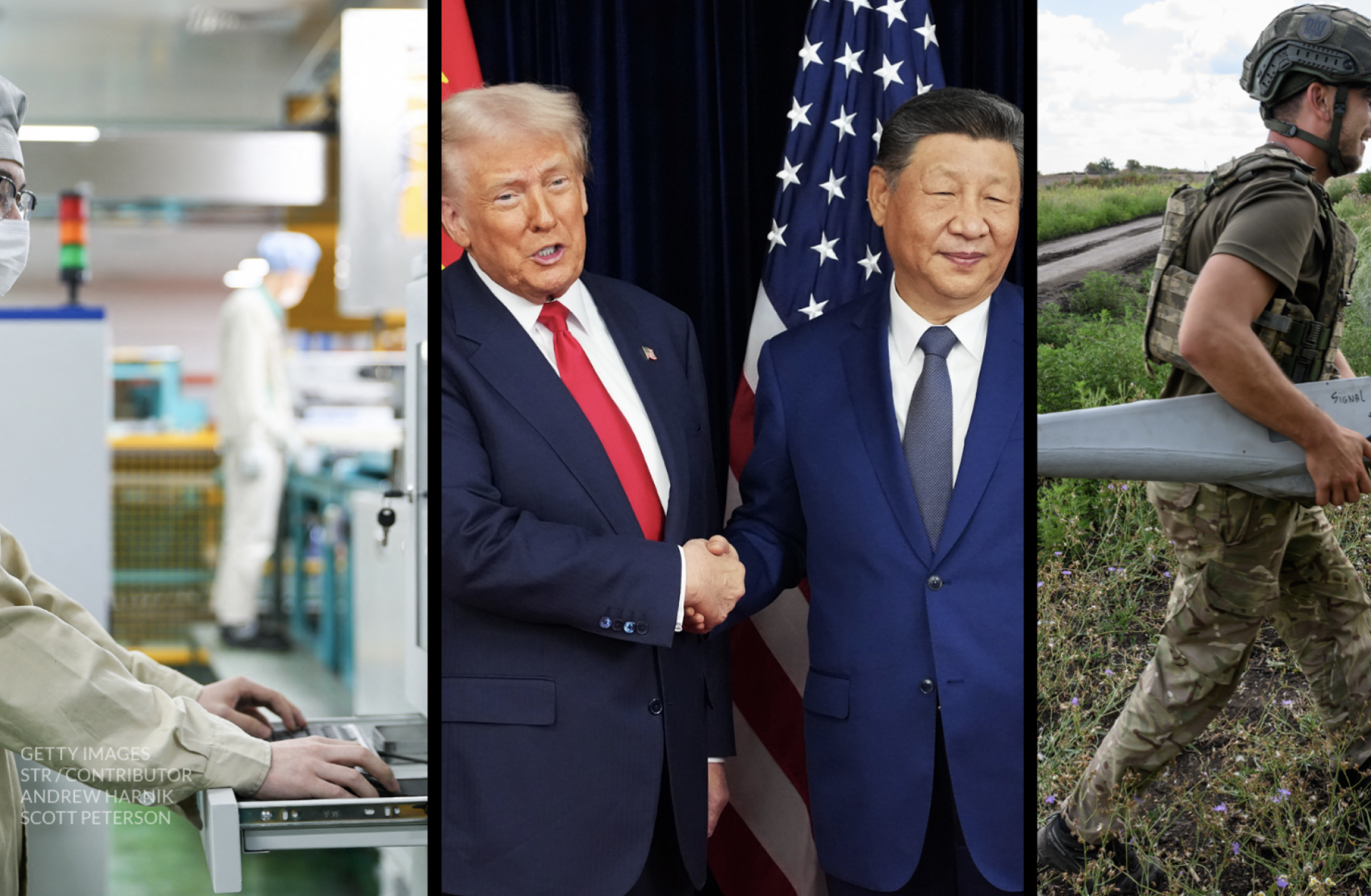
Annual ForecastsJan 5, 2026
2026 Annual Forecast
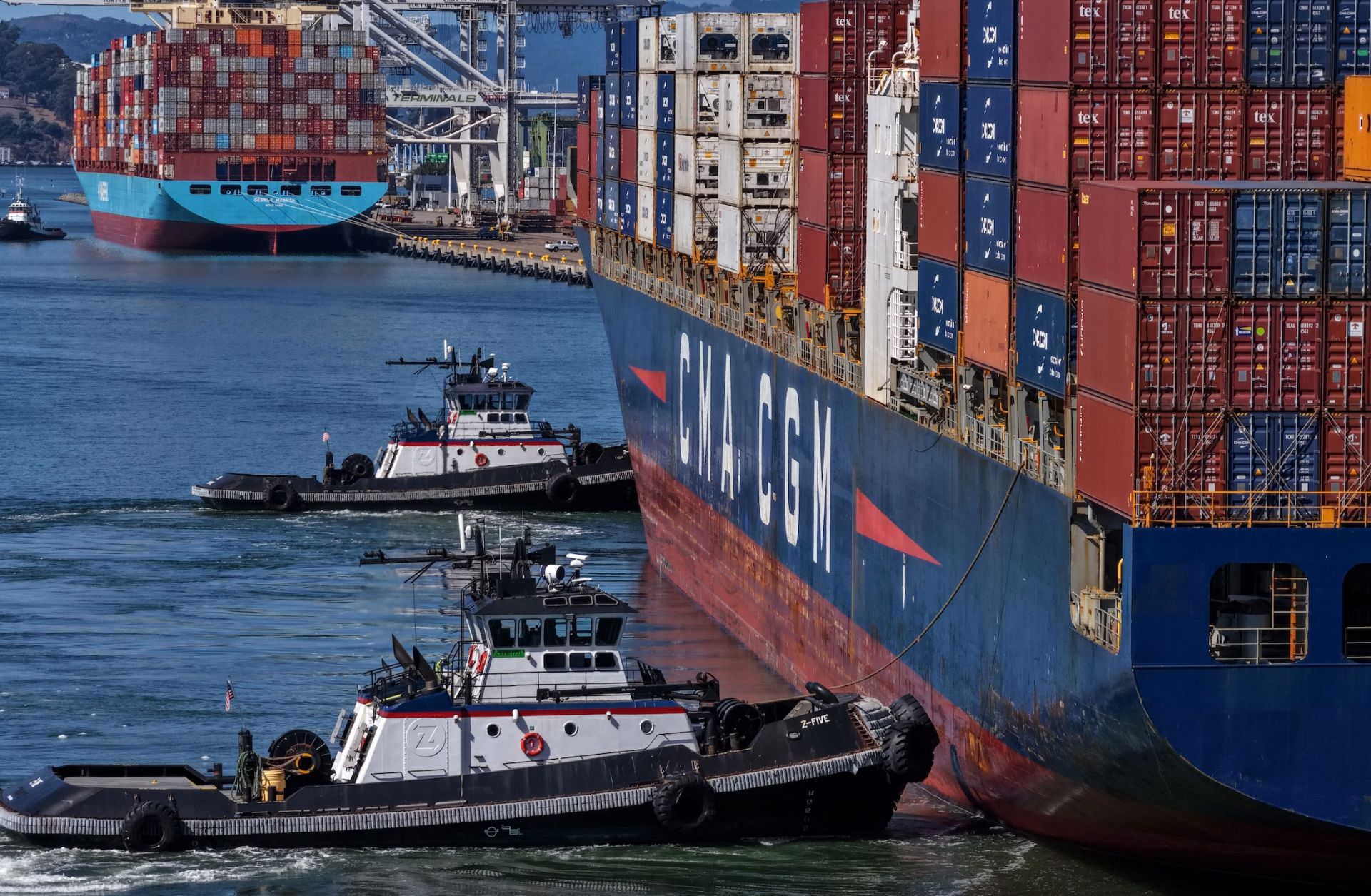
Annual ForecastsDec 22, 2025
2026 Annual Forecast: A Global Overview
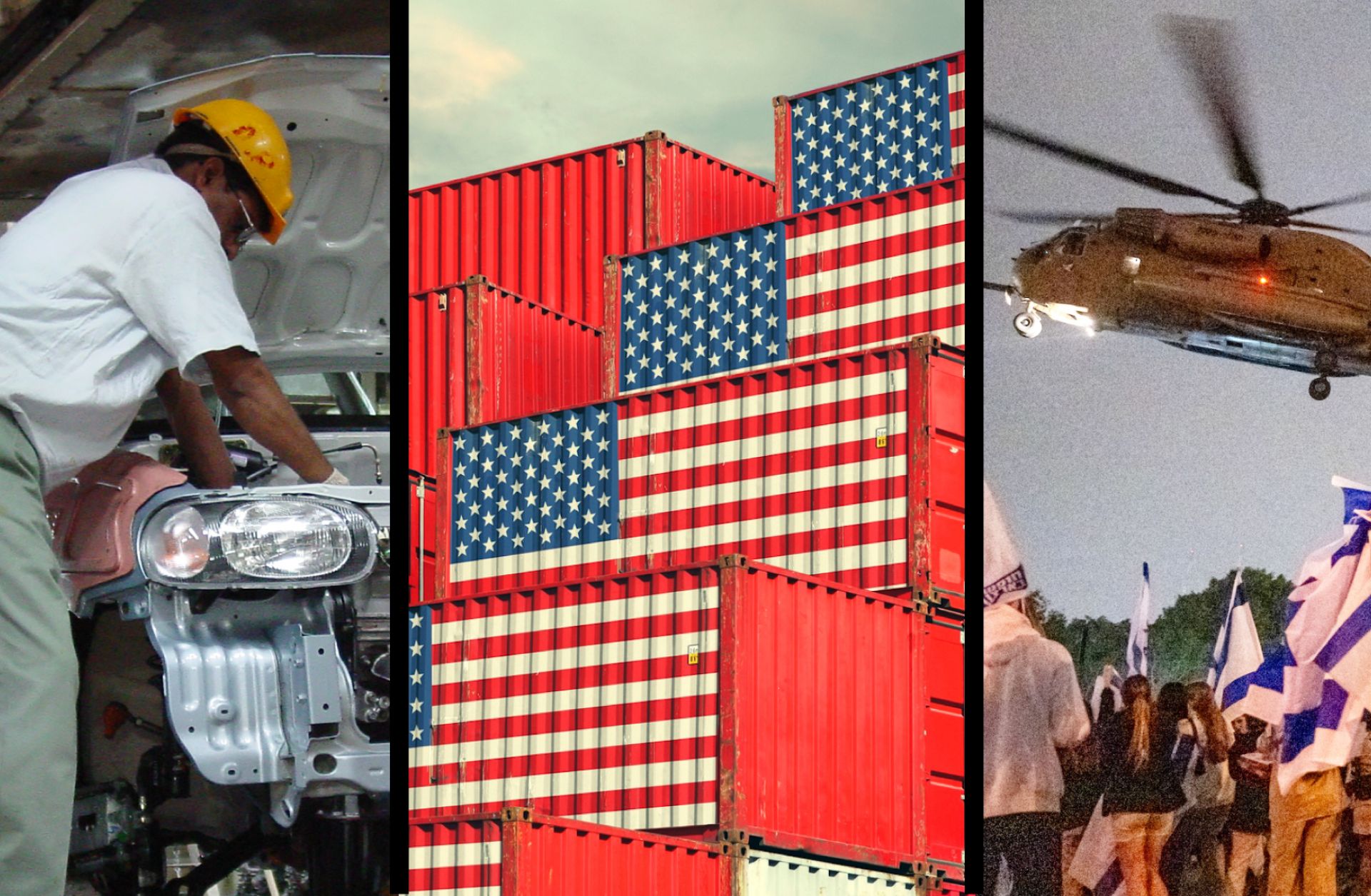
Annual ForecastsJan 6, 2025
2025 Annual Geopolitical Forecast
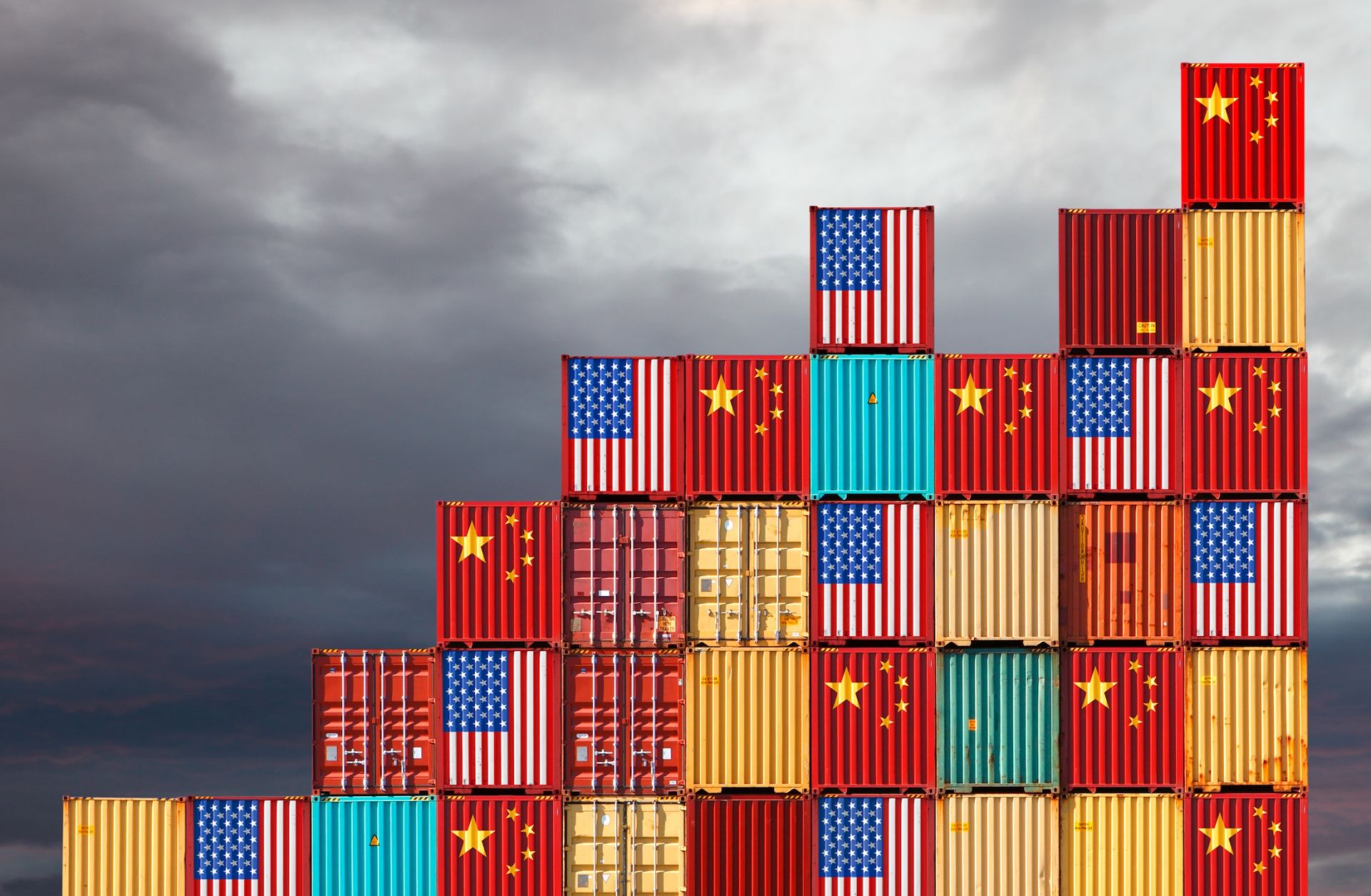
Annual ForecastsDec 16, 2024
2025 Annual Forecast: A Global Overview
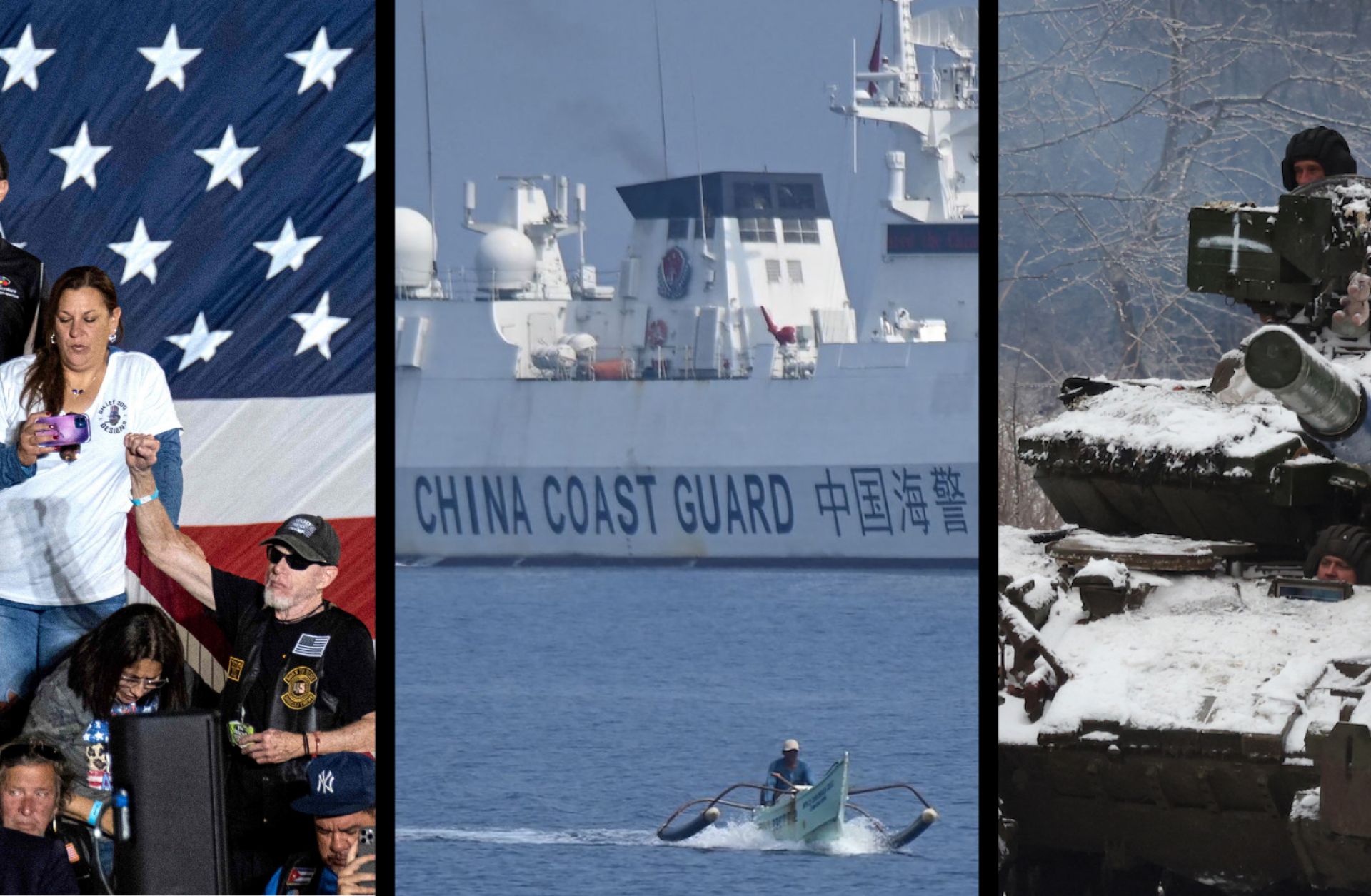
Annual ForecastsJan 3, 2024
2024 Annual Geopolitical Forecast
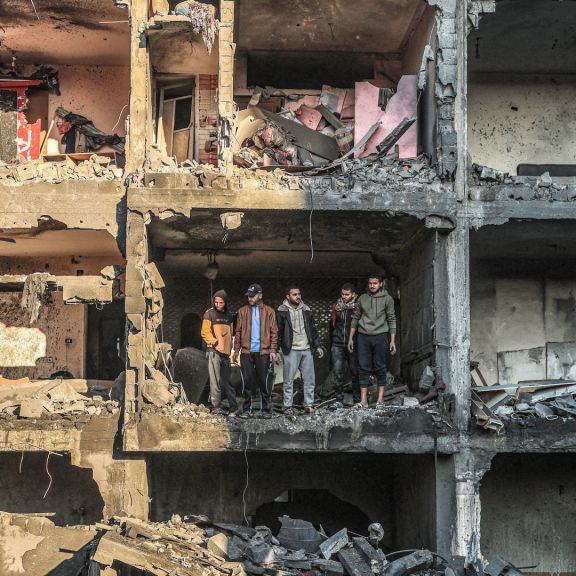
Annual ForecastsDec 18, 2023
2024 Annual Forecast: A Global Overview
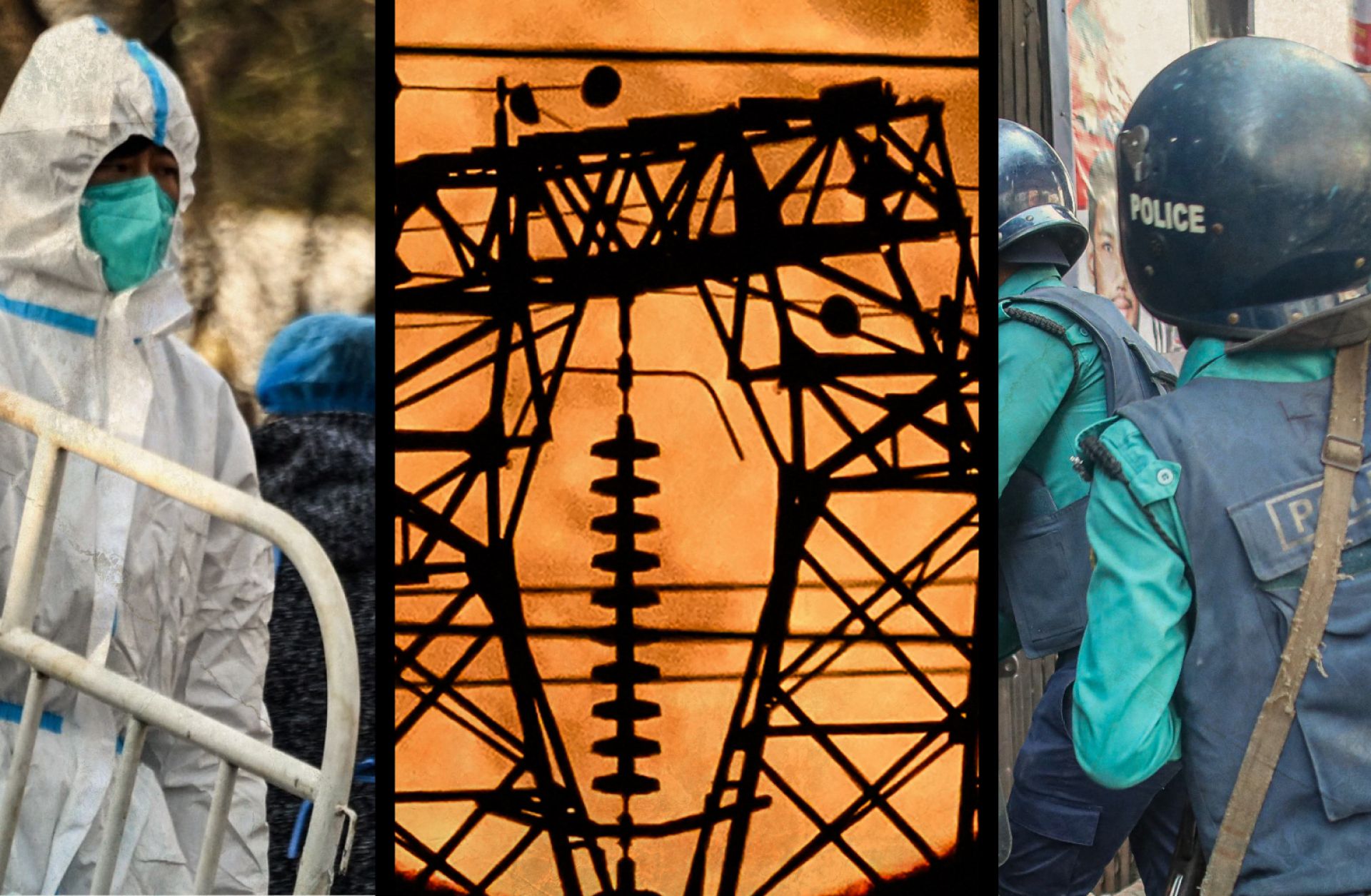
Annual ForecastsJan 3, 2023
2023 Annual Forecast
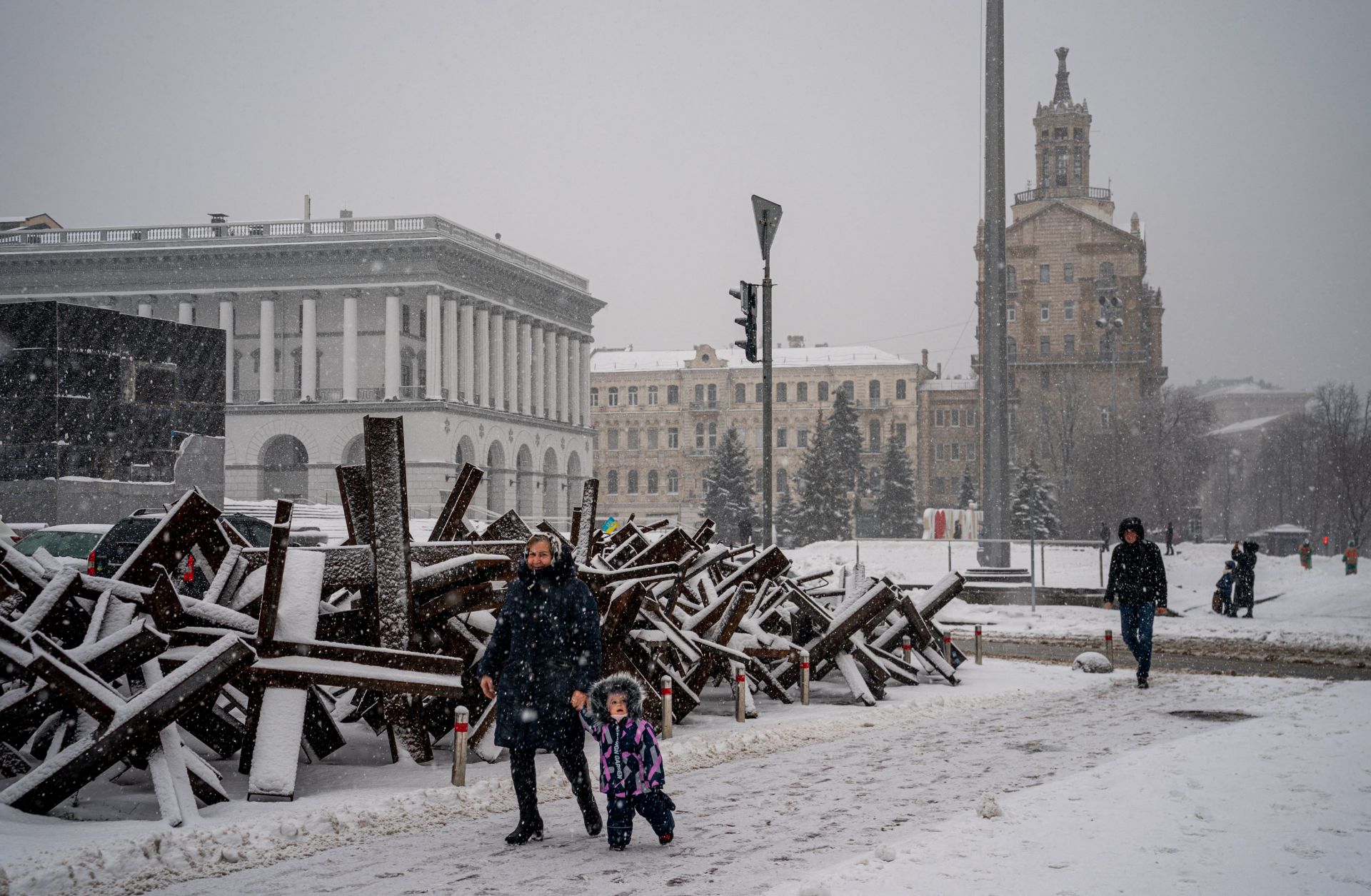
Annual ForecastsDec 18, 2022
2023 Annual Forecast: A Global Overview
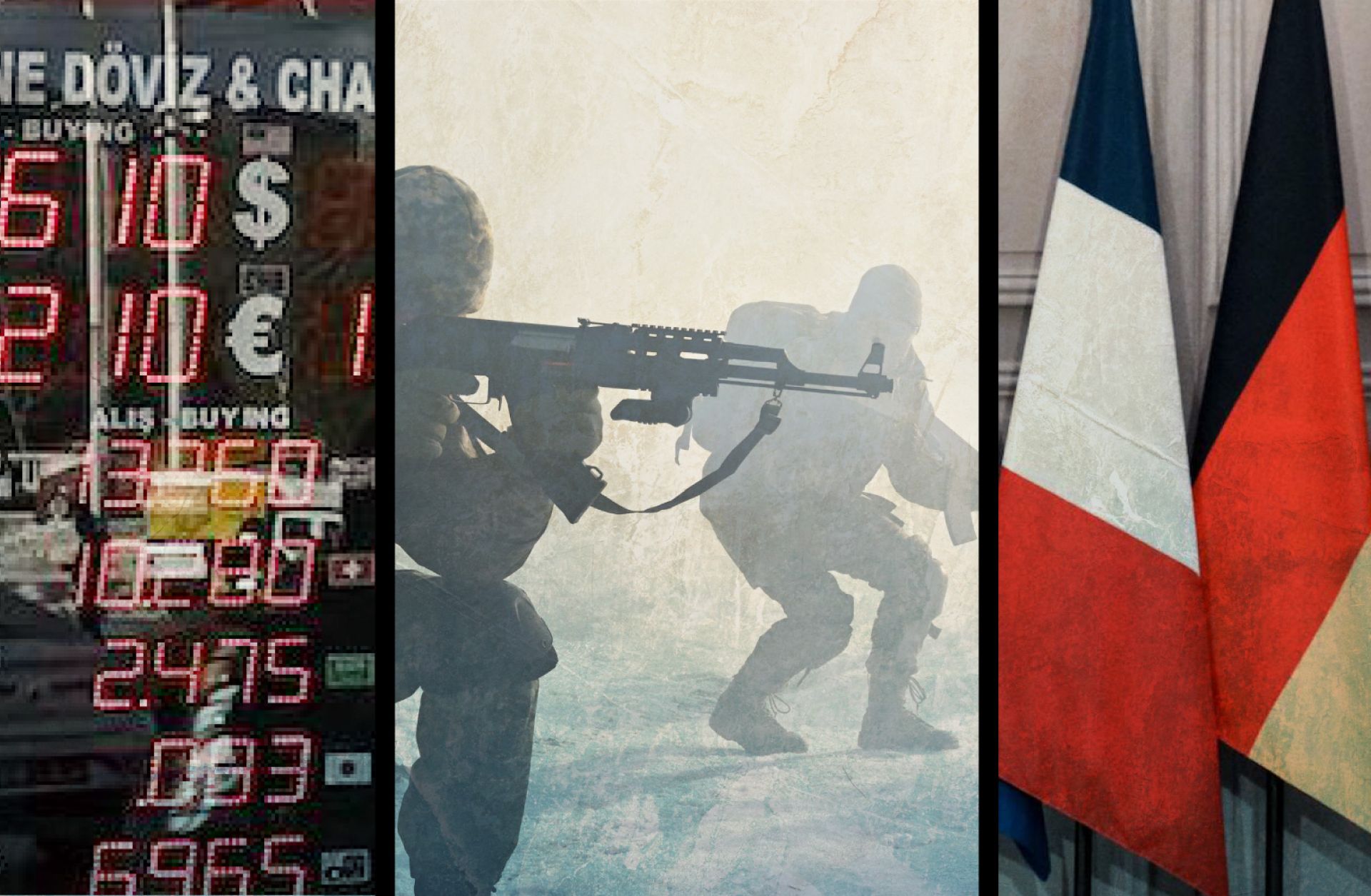
Annual ForecastsJan 3, 2022
2022 Annual Forecast
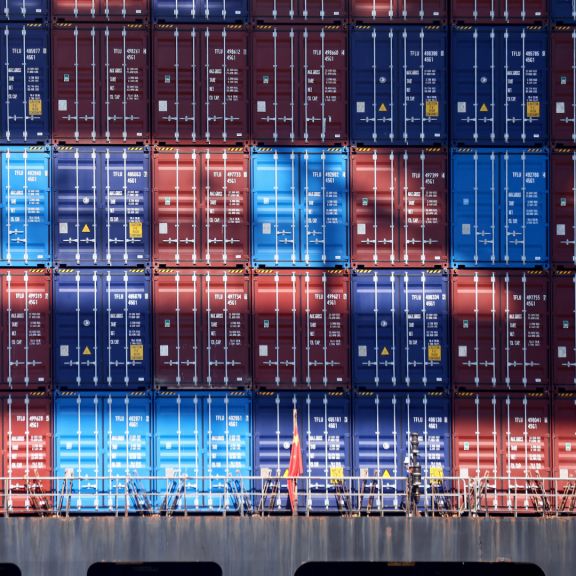
Annual ForecastsDec 20, 2021
2022 Annual Forecast: A Global Overview
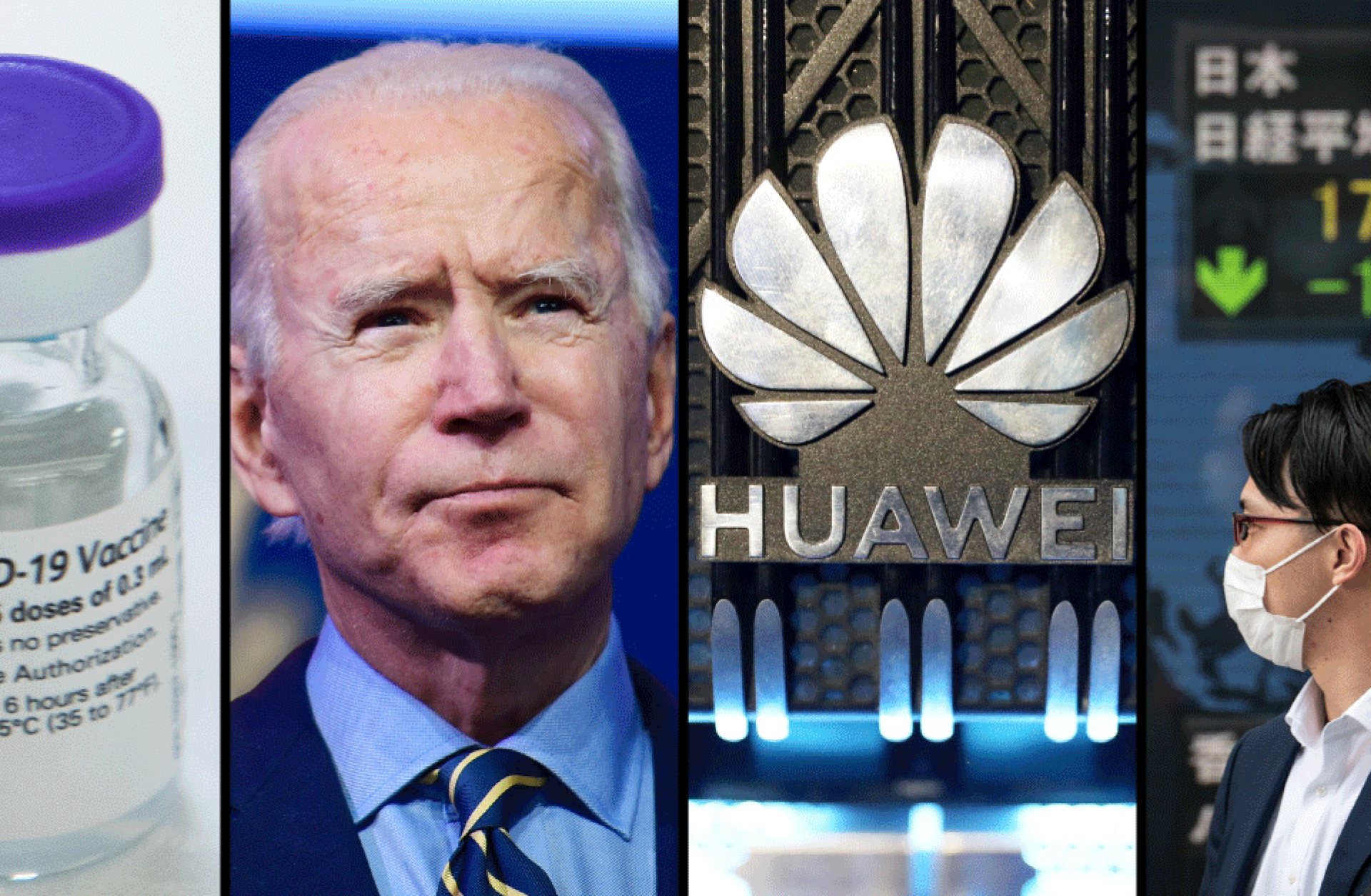
Annual ForecastsJan 3, 2021
2021 Annual Forecast
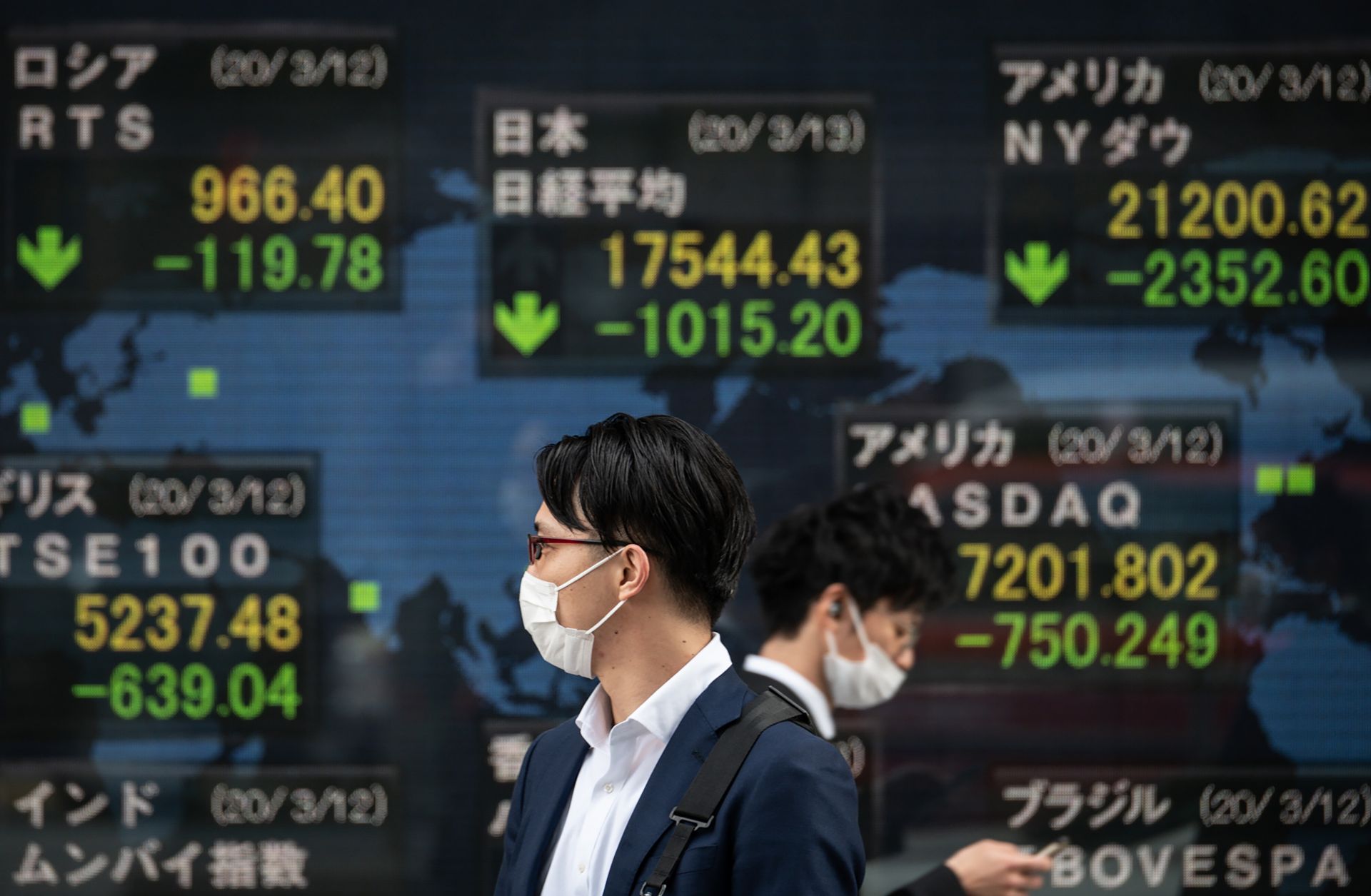
Annual ForecastsDec 14, 2020
2021 Annual Forecast: A Global Overview

